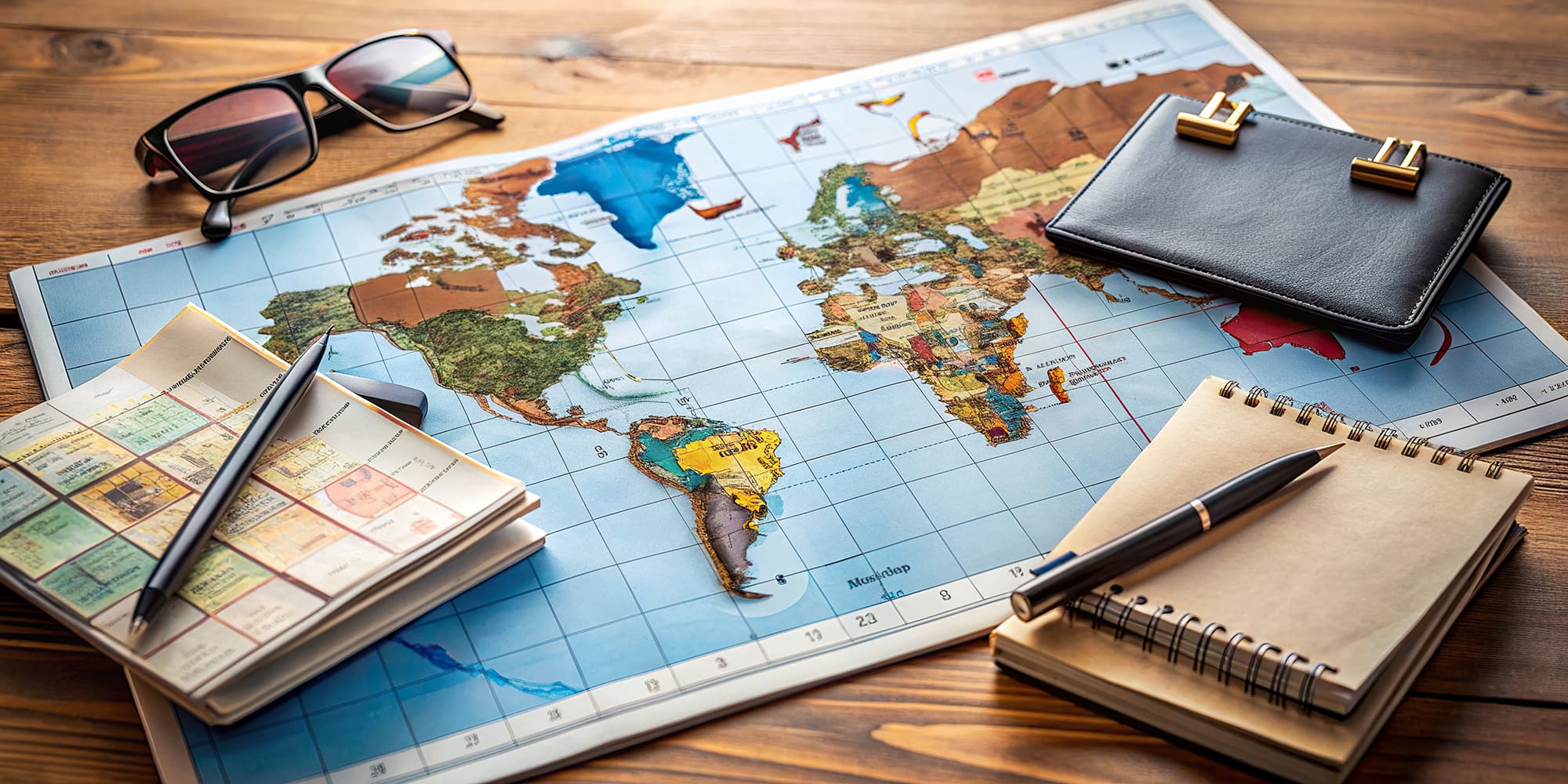
Traveling Safely Abroad: Tips for a Secure and Enjoyable Journey
Exploring new countries is exciting, but traveling comes with unique risks that require preparation and vigilance. From understanding local customs to safeguarding your belongings, here’s how to travel abroad safely.
1. Research Your Destination Thoroughly
Before you go, learn about your destination:
• Understand Local Laws and Customs: Familiarize yourself with cultural norms to avoid unintentionally offending locals or breaking laws. For example, some countries have strict dress codes or rules about photography.
• Know the Political Climate: Check government advisories to avoid regions with political unrest or safety concerns. Websites like the U.S. State Department and UK Foreign Travel Advice provide up-to-date information.
• Language Barriers: Learn basic phrases in the local language or have a translation app handy to communicate effectively.
2. Secure Your Documents
• Carry Copies: Make photocopies or digital backups of your passport, visa, and travel insurance.
• Store Documents Safely: Keep originals in a secure location (e.g., a hotel safe) and carry only essential items.
• Register Your Trip: Notify your country’s embassy or consulate about your travel plans in case of emergencies.
3. Stay Aware of Your Surroundings
• Blend In: Avoid drawing attention to yourself by dressing modestly and refraining from flaunting valuables.
• Stay Alert: Be cautious in crowded areas like markets or public transit, which are common for pickpocketing.
• Use Trusted Transport: Stick to licensed taxis or reputable rideshare apps and avoid unregistered vehicles.
4. Protect Your Health
• Vaccinations: Check if your destination requires specific vaccinations or health precautions.
• Food and Water Safety: Avoid tap water in regions where it’s not potable and eat at well-reviewed restaurants.
• Travel Insurance: Ensure your insurance covers medical emergencies and evacuation.
5. Safeguard Your Finances
• Split Your Money: Keep cash, cards, and other financial items in different locations to minimize loss if something is stolen.
• Use Secure ATMs: Avoid withdrawing money from isolated or suspicious ATMs.
• Notify Your Bank: Inform your bank about your travel plans to avoid card freezes due to foreign transactions.
6. Use Technology to Your Advantage
• Download Safety Apps: Apps like Google Maps, What3Words, and local emergency alert systems can assist in navigation and emergencies.
• Enable Tracking: Share your live location with a trusted friend or family member while exploring.
• Stay Updated: Follow local news for weather updates, public transport strikes, or other disruptions.
7. Emergency Preparedness
• Know Emergency Numbers: Research the local equivalent of 911 or other relevant services.
• Have a Plan: Identify nearby embassies, police stations, or hospitals.
• Trust Your Instincts: If something feels unsafe, remove yourself from the situation immediately.
Conclusion
Traveling safely abroad requires preparation and awareness. By staying informed, securing your valuables, and remaining vigilant, you can minimize risks and focus on enjoying your journey. Safe travels!
For more resources on international travel safety, visit Travel.State.Gov or WHO Travel Advice.